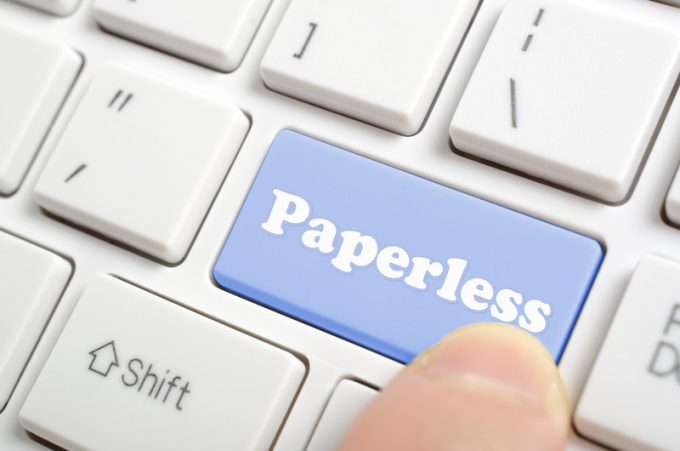Bottleneck fears as cargo growth outpaces airport infrastructure investment
Forwarders and airlines fear new bottlenecks at airports as cargo growth outpaces infrastructure investment. Brandon Fried, ...

More airlines should look to penalise customers that don’t use electronic air waybills (AWBs), delegates heard yesterday at Air Cargo Americas in Miami.
One year ago, Lufthansa Cargo introduced a €12 fee for using paper AWBs, a process it said has ’gone very well’, changing customer ...

Comment on this article